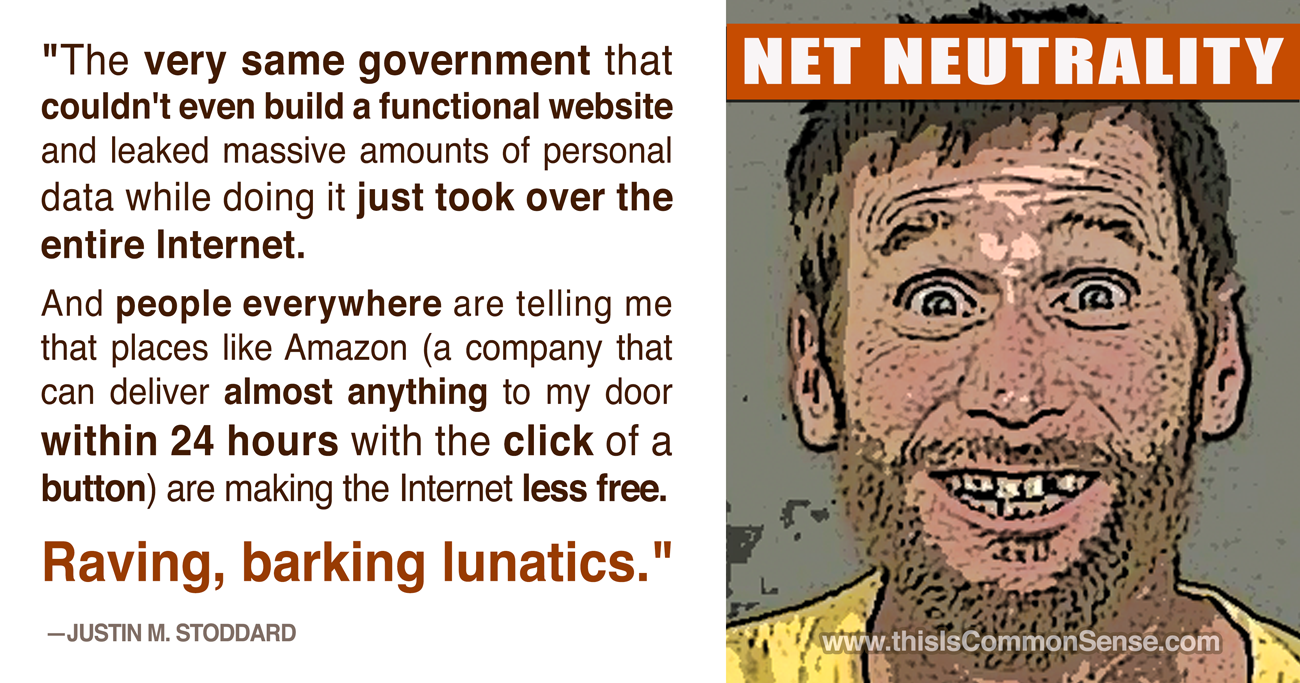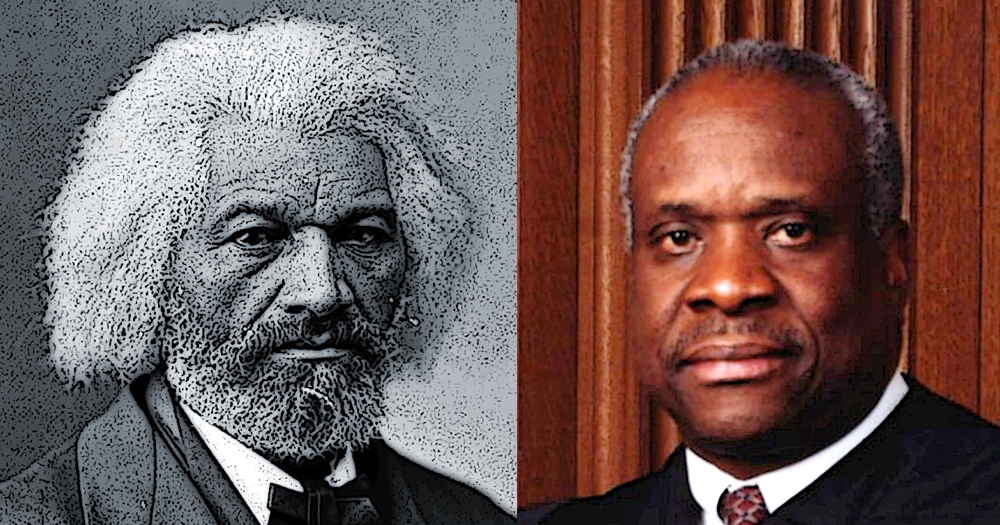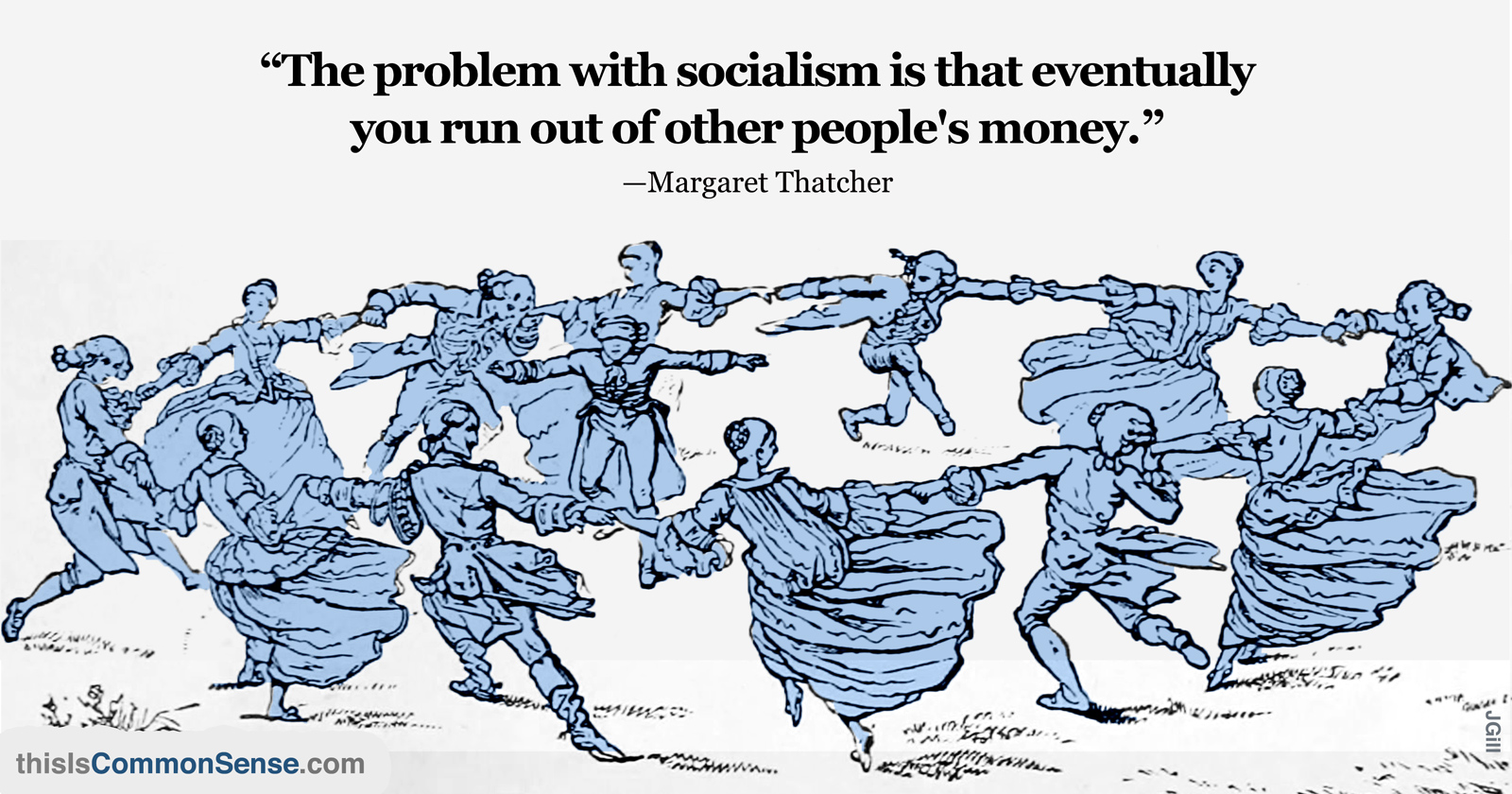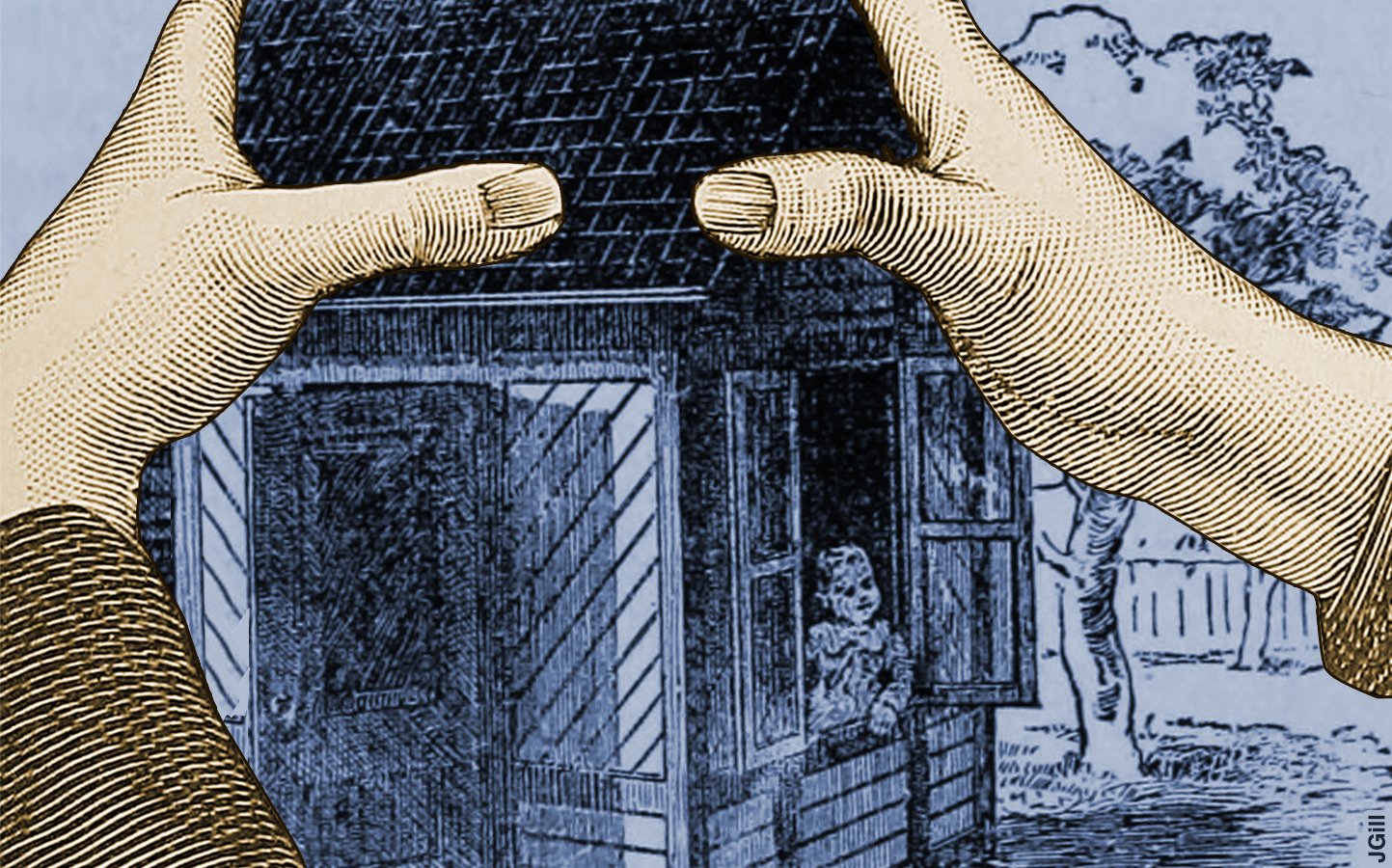A scientist has a problem: no problem.
Sounds like a Zen riddle, but it’s really about the riddle of victimhood-worship.
Emily Yoffe writes an advice column called Dear Prudence. A female reader reported a problem pertaining to workplace bias against women. Although she works in a “very masculine scientific field … I have never really suffered from sexism.”
Hmmm. Why not? “Maybe I’m just awesome at playing the man’s game (or in denial and don’t have an eye for sexism?).”
It is probably not denial. It is pretty easy to detect abusive treatment when you’re on the receiving end and not rationalizing it away. The bigger problem, though, is that “even quite reasonable and pleasant women” of her acquaintance get nasty when she can’t “contribute to their list of crimes committed by the patriarchy.”
What to do? She dislikes unpleasantness, but doesn’t want to lie.
One thing to do is recognize it’s not up to you to make unreasonable people reasonable. When no discussion is possible, take your conversation elsewhere. I also advise skipping gratuitous self-doubt.
Happily, Ms. Prudence and I are on the same wavelength.
“My general advice,” she writes, “is that it’s best not to engage with unpleasant people.… But if you feel like it, you can also counterpunch by saying something like, ‘It’s funny, but the only people who try to bully me are women who aren’t in my profession.’ ”
Commonsensical minds think alike, I guess. Ask me for advice any time.
This is Common Sense. I’m Paul Jacob.







